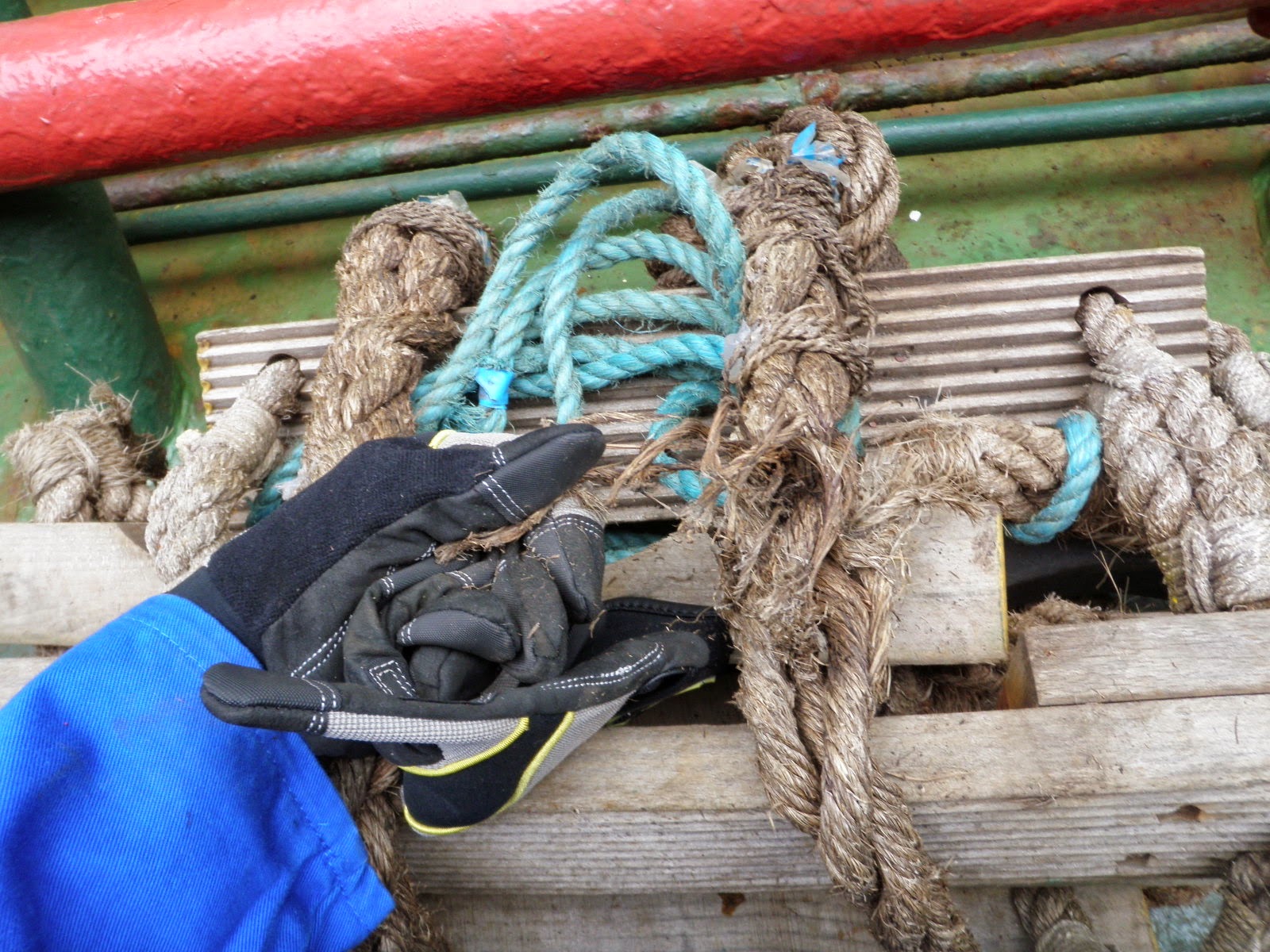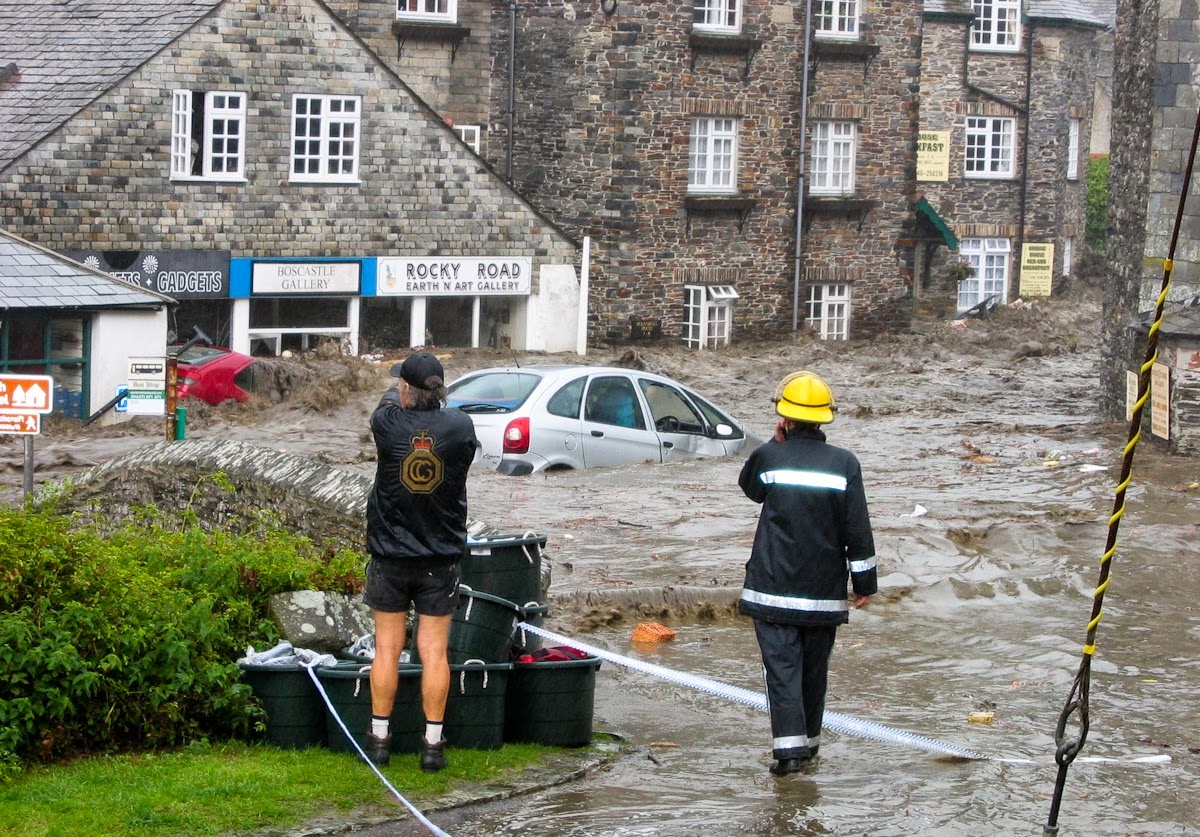WHAT TO CHECK ON YOUR BOAT - ROPES, RIGGING AND LINES
 |
| The rope on this access ladder is extremely rotten and badly repaired. |
Now that you’ve had some good advice from my colleagues
about the hull and superstructure on your boat, I want to talk to you about the
rigging and also your lines and ropes. Depending on what type of boat you have
you might have a lot of rigging to check.
Look at the alignment or your rigging and if you see
anything wrong with it you will need to get a specialist to fix it if you’re
not trained/qualified. You really don’t
want something to go wrong with it when you need it.
You’ll also need to check the rigging for bends, fraying and
rust. Again, if there’s a problem, call
the specialist. If you have a sailing boat you’ll need to check the standing
rigging and masts. Make sure the mast is
securely in place and that all the rigging connections to the deck are
secure. This is vital and must be
checked.
When it comes to your ropes and lines, one of the things you’re
looking for is damage from UV light. The
insides can go powdery so make sure you check the entire length of the rope as
you also need to check for ‘surge’ damage as well.
This happens when the rope suddenly gets pulled through the
cleats or the winch and get melted by the friction. If any rope is damaged you’ll need to replace
them because any strain on them could make them go suddenly.
Once you know the rigging and ropes are ok, check the cleats
and winches on your boat. Make sure the
cleats are securely attached and that your winch is working correctly. If you think there might be a problem with
one of them, get them checked out in case there’s any damage to the working
parts.
Next week one of my Marine Surveyor colleagues will be
talking to you about the engine, electrics and gas on your boat.
Fraser Heasley – Naval Architect and Surveyor in Charge
Glasgow Marine Office.


